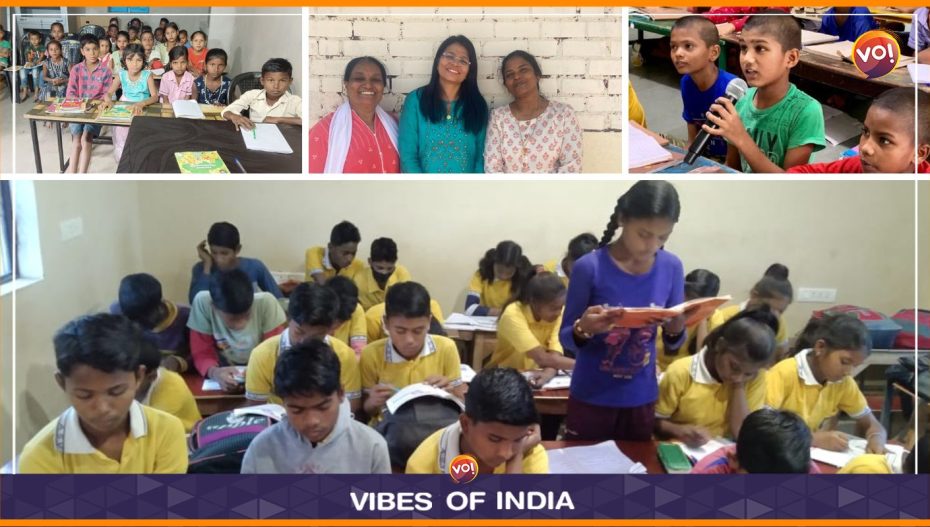Revathi belongs to a nomadic tribal community of Tamil Nadu. Her father passed away before her birth and she lost her mother when she was 10. At present, she lives in a children’s home in Nagapattinam and goes to a nearby government school. She loves the online classes conducted by the Centre for Learning and Empowerment (CLE).
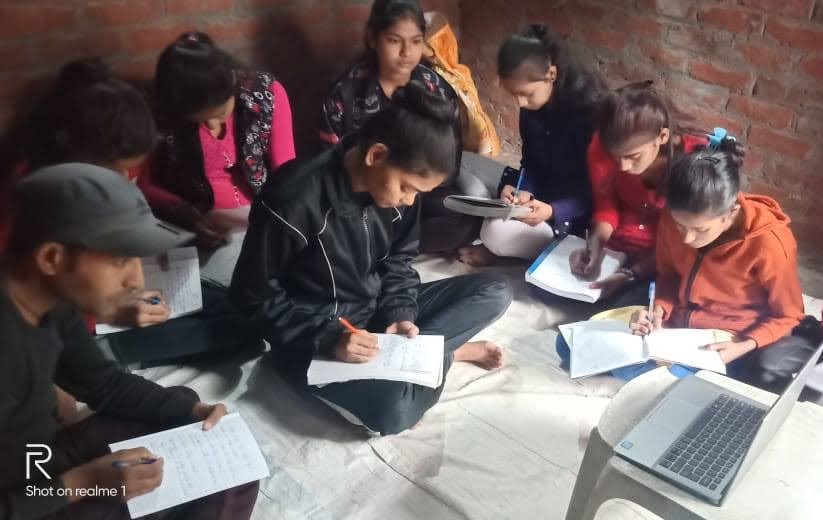
Pranjul hails from Chhattisgarh and lived at a hostel in Kanpur. His father left the family several years ago. His mother works as a construction labourer and earns a meagre daily wage. Pranjul studied in a government school. He attended English and communication classes conducted by CLE for two years. That greatly increased his abilities and confidence. Today, he is studying BTech at National Institute of Technology (NIT), Allahabad.
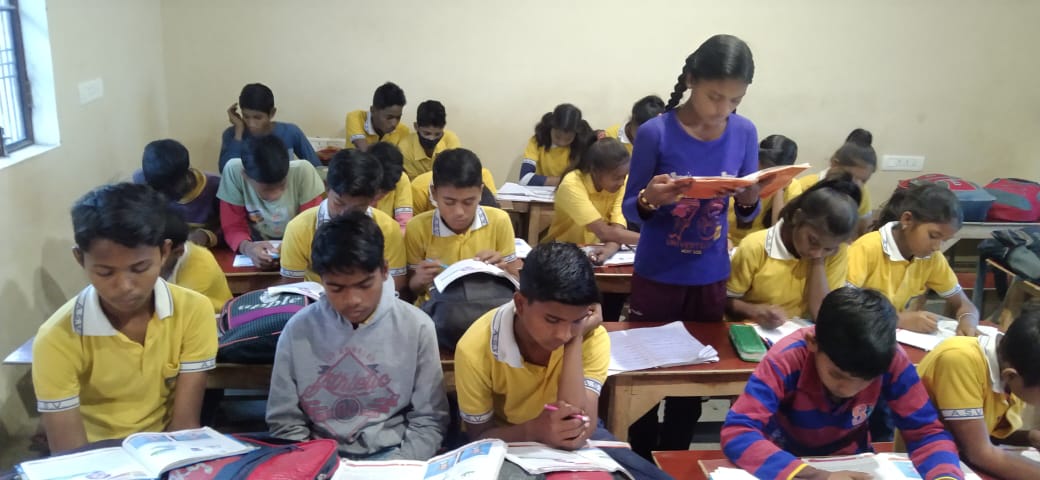
Emphasis on quality
CLE, based out of Bengaluru, is a non-profit trust that seeks to make learning joyful and accessible for children from disadvantaged backgrounds like Revathi and Pranjul. Some of the children are orphans and some are from low-income families where the parents are migrant labourers, artisans and marginal farmers.
CLE was founded by Dr Rahul Pandey, an alumnus of IIT, Kanpur and IIM, Ahmedabad along with two of his friends in 2019. “We started CLE with a dream that every child has a right to good quality education. Children from underprivileged backgrounds should not be deprived of this right just because they are born in a family with weak socioeconomic status in an unequal society.”
The organisation partners with government and non-government organisations to provide free, high-quality learning programmes. The local organisation, a school or NGO, provides a room, internet, projection facilities and coordinators. The CLE model is to select creative and passionate teachers and use digital technology to conduct interactive online classes. To maintain quality, there are regular student assessments and feedback sessions.
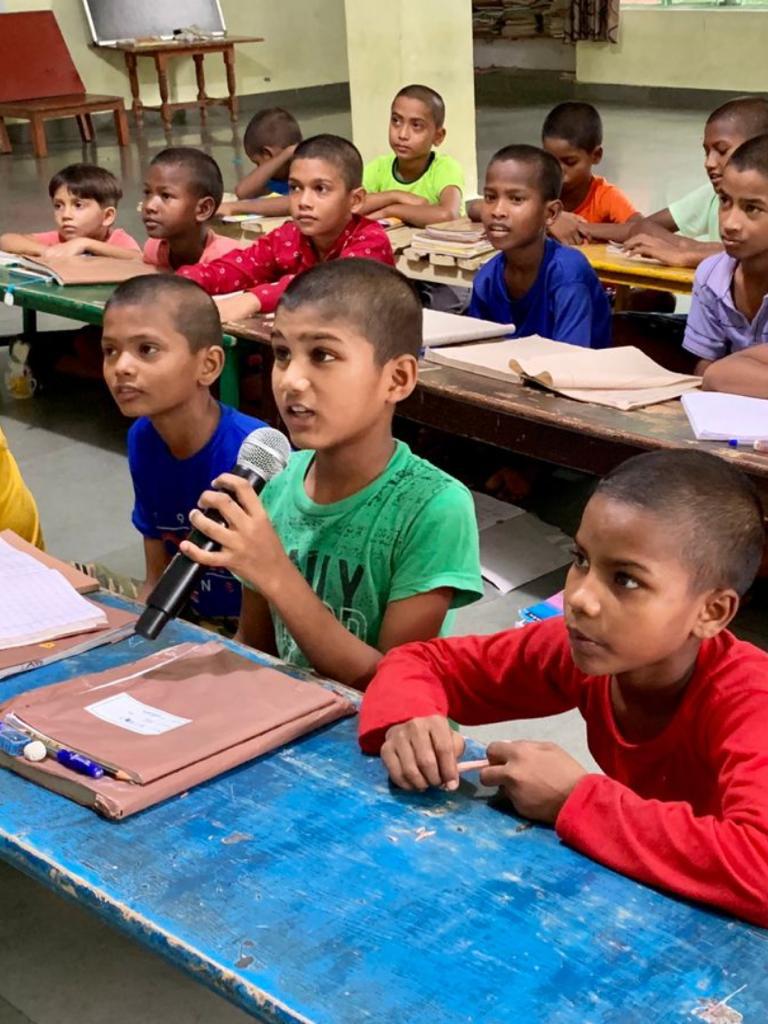
“We operate in 20 locations in seven states of India – Uttar Pradesh, Orissa, Jharkhand, Tamil Nadu, Kerala, Karnataka and Delhi,” says O.M. Leela, manager, programmes. CLE has 40 dedicated teachers and it engages with 800 children of various ages. In each class there are 10-25 children, of which 65-70 per cent are girls. English, mathematics, science and social sciences are the subjects taught. The medium of instruction is the local language in rural and tribal areas. In urban areas, some English is used.
Making learning fun
“The aim is to improve their school educational outcomes. But we look on it in a broader way. The focus is on making learning fun and curbing the dropout rate which is a major problem in rural and tribal areas. CLE has been depending on individual donations so far. Now, we are receiving some CSR funds,” says C.K. Shanthakumar, a CLE trustee.
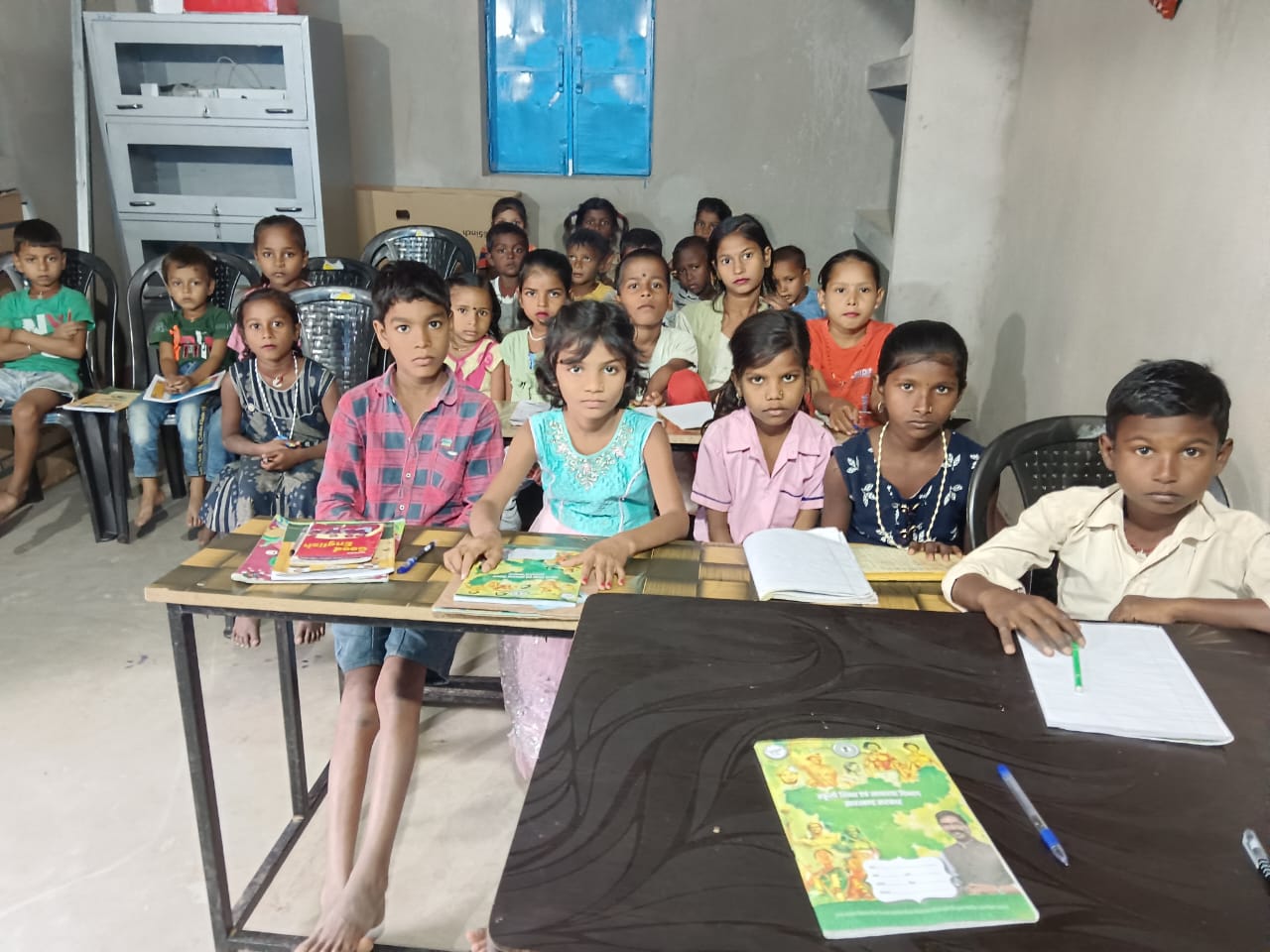
CLE is planning to scale up both in terms of numbers and locations. Its first major strength is that with very limited resources it has been able to do a lot because of the organisation’s ability to harness a great deal of volunteering activity.
“CLE’s second strength is its committed team of part-time teachers and teacher-volunteers. Our teachers are not only experts in their subjects but also compassionate towards children and creative in their teaching methods. They are chosen such that they understand the local language which children are fluent in. Children are encouraged to ask questions. Our third strength is that we use a variety of engaging methods to make learning fun like debating, public speaking, fun competitions, storytelling, music, dance, role plays and watching films. Children enjoy our classes. This is what makes student attendance high,” explains Rahul.
Children’s voices
“I like Sangeetha Ma’am’s English classes. She brings toys and other items to the class and explains everything patiently. She conducts lots of activities that make the class interesting,” says Khushi, who is in class 3.
“I enjoy Amiya Ma’am and Keshav Sir’s classes as they teach us in a fun and exciting way. I never get bored or feel lazy. I also like that they interact with us very politely,” says Nikon, a class 8 student.
Says Santosh, a student of class 7: “CLE classes have helped me understand mathematics well and I have developed a liking for it. Rashmi Ma’am explains the concepts and gives us feedback with a lot of patience.”
“Anisha Ma’am is always smiling. She encourages us to talk with confidence. I now want to learn to write small passages,” says Rumila, a class 7 student.
“Saroj Ma’am is a great teacher. It is fun to attend her classes,” says Deepa, who is in class 4.
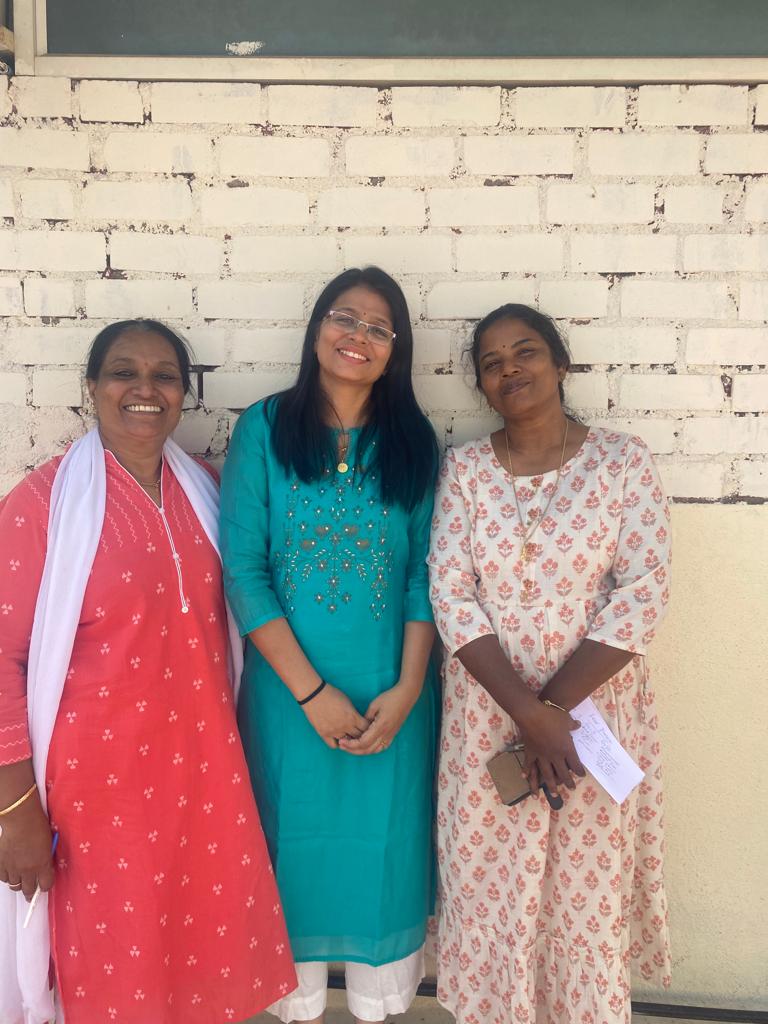
Empowering teenagers
CLE has a programme called ‘Empowering Young Minds’ for rural teenage girls. The programme addresses issues of health, hygiene and nutrition, mental health, safety issues, gender discrimination, women’s rights, and higher education opportunities and scholarships. Soon, boys will also be included in this programme.
“Last year, we helped 17 students get admitted to good colleges, including NIT, Allahabad, Azim Premji University and Ahmedabad University. We coached them for entrance exams and arranged for sponsorships. In the case of rural girls, we talk to parents and convince them to send their daughters to colleges that are nearby. We also offer financial help,” says Rahul.
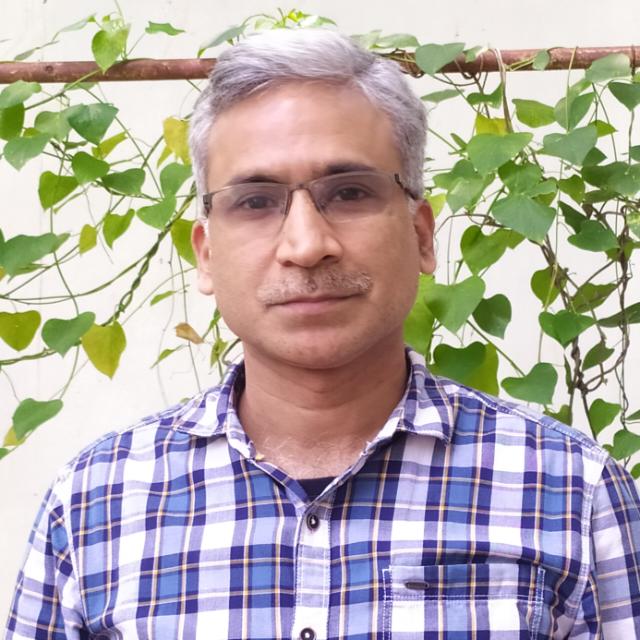
CLE has set up six learning centres in Jharkhand in a hybrid model. These centres are equipped with libraries. There are both offline and online classes held. Next month there will be 10 such centres in Jharkhand. At these centres, the Self-Organised Learning Environment (SOLE) concept is being tried for older children. Groups of children are given questions and asked to find the answers from the internet and by discussing among themselves. On the anvil are two learning centres in Bengaluru and a model school in Tamil Nadu to benefit the tribal community.
Another objective of CLE is to build a community of creative and passionate teachers. The organisation plans to engage with teachers in local schools across India and expose them to creative and student-friendly teaching methods.
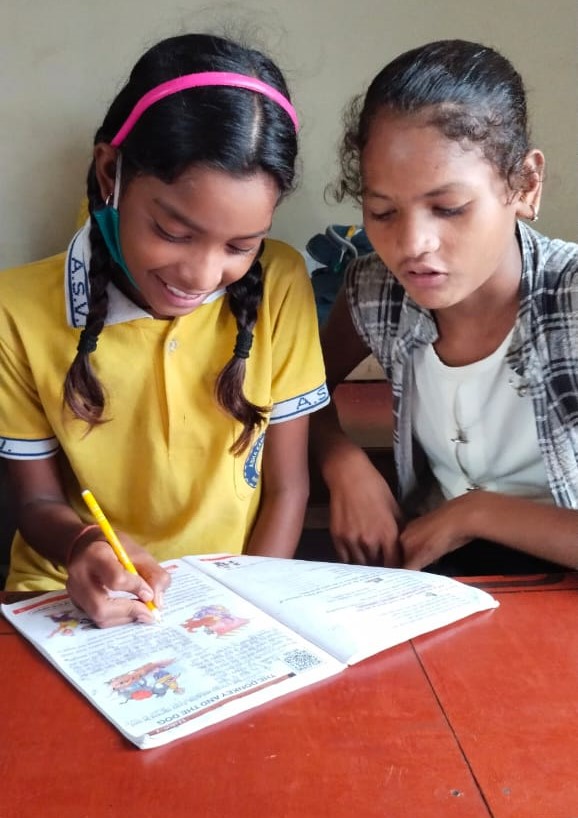
CLE’s efforts are enabling underprivileged children to enjoy the learning process, ask questions, overcome barriers, aspire to complete school/college education, pursue professions of their choice, and become independent. Certainly, efforts that brighten Children’s Day!
Also Read: Home, the means to be super energetic during work, says expert


